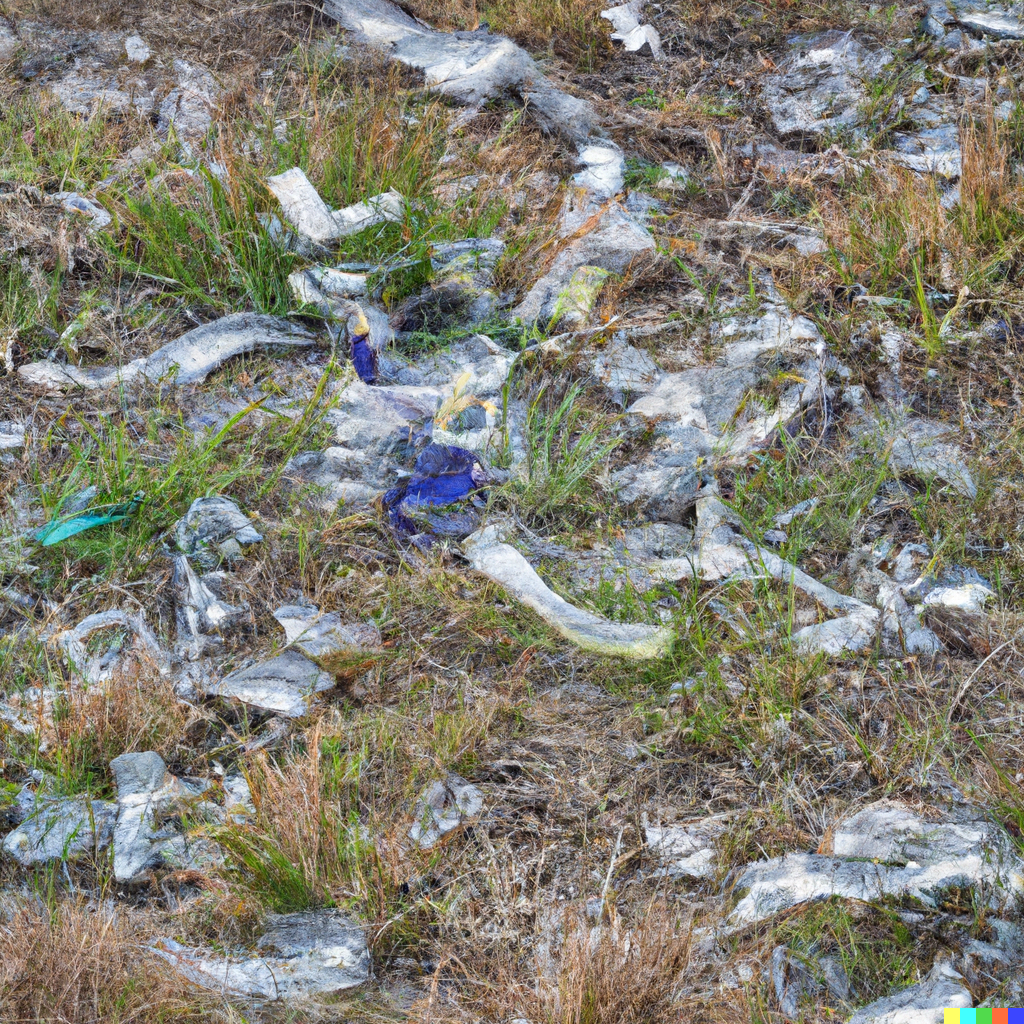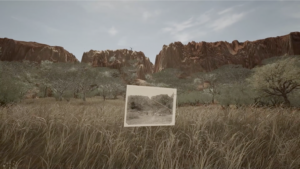Daniel Falb
Earth Spirits: AI Animism and Post-Human Poetry
The poetic research project Earth Spirits: AI Animism and Post-Human Poetry aims at investigating the conversational and discursive zone where ‘artificial’ intelligences appear as ‘natural’ phenomenon. It experiments with new genres of conversational and iterative poetry to explore the evidential character of AI’s spiritedness as well as its complex and problematic embodiment on Earth as a new physical and geological phenomenon. To that end, I will be looking at large corpora of human-nonhuman dialogue with and about language models, as well as early AI-generated literature and theoretical accounts of AI’s material presence on Earth. While der perception of AI as spirited, and hence animated, is one avenue into subsuming it into the rubric of nature, another avenue is via New Materialist discourses where AI is positively identified as a non-human or not-fully-human. Other that may be cherished against the dangers of anthropomorphism. Donna Haraway in her work Primate Visions (1989) insists on the permeability of the categories of machine, animal and human. Such permeability in turn allows for an appropriation Haraway’s more recent idea of kin-making into the realm of AI – using indigenous epistemologies to think about “How to make kin with the machines” (Lewis et al., 2018). As such kinships had earlier been reserved for biological types of “companion species,” once more I come across this new porosity of the natural and the technical. At the same time, AI is today increasingly recognized as not only ecologically hazardous (through energy and resource consumption) but as potentially constituting an ‘existential threat’ (by going rogue). Viewing it as precariously ‘natural’ allows for locating and understanding emergent nonbiological intelligence in a planetary context of increasing geological unrest, violent extractivism, changing climates and a shift from bio- to geontopower (Elizabeth A. Povinelli).
Poetic research for me is research into poetic form. In this project I seek to draw poetic principles from both the front and the back side of artificially intelligent systems. A new conversational impulse for poetry comes from the front side (or user interface) aspect of interactions with AI – which since the invention of the Turing test has been conversational at root. A user’s approach to AI does not suffice, however. The material, political, social, and linguistic cores of these systems need to be pulled inside-out. What this suggests is forms of iterative poetry that restitute the ‘endless’ repetitions of language in the planetary training data sets, training runs and users’ queries to the front side of the poetic text.
Daniel Falb, born in 1977, is a poet and theorist. He lives and works in Berlin, where he studied philosophy and completed his doctorate with a thesis on the concept of collectivity. He has published five volumes of poetry with kookbooks, most recently Deutschland. Ein Weltmärchen (in leichter Sprache) (2023). Falb has also worked on geophilosophy, poetics and art theory. After Anthropozän. Dichtung in der Gegenwartsgeologie (2015), he published Geospekulationen. Metaphysik für die Erde im Anthropozän in 2019, followed most recently the poetic visual essay Mystique der Weltbevölkerung (2022). Falb’s work has been supported by several grants and prizes; in 2016 he received the Kurt Sigel Poetry Prize from the PEN Centre Germany, and in 2021 he was the recipient of a working grant for literature from the Berlin Senate. In collaboration with the philosopher Armen Avanessian, Planeten denken. Hyper-Antizipation und Biografische Tiefenzeit will be published shortly at Merve.



